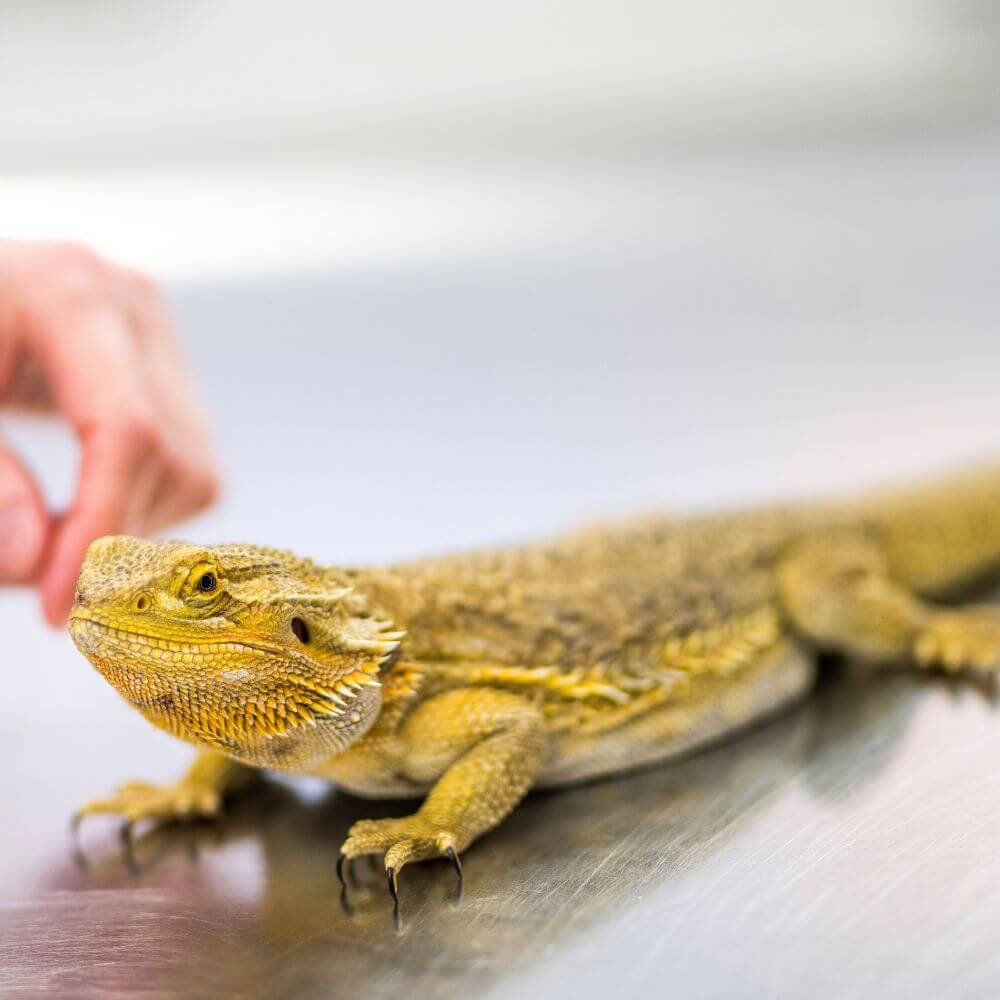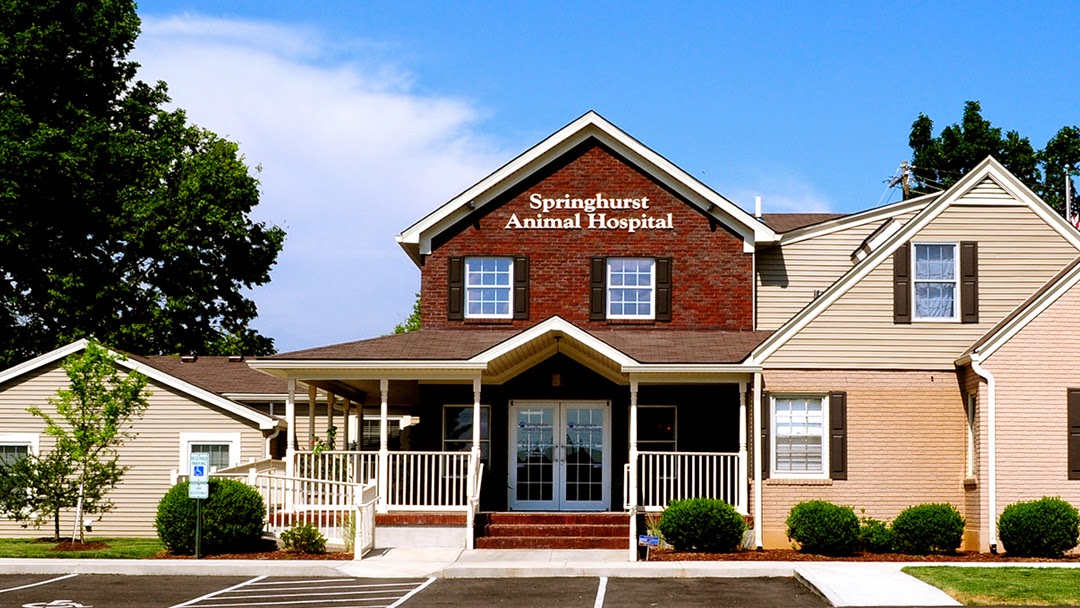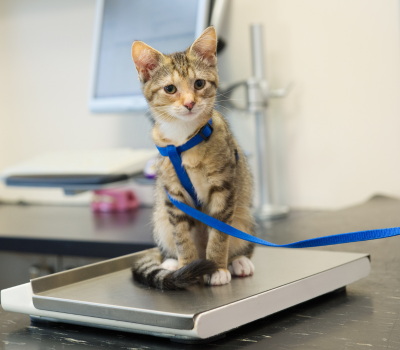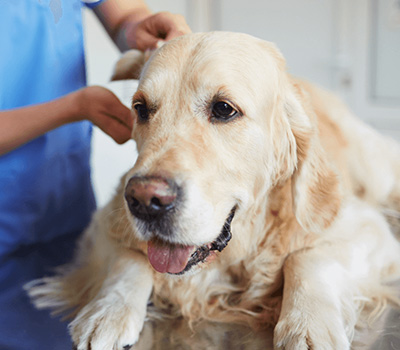Louisville, KY
Welcome to Springhurst Animal Hospital
Springhurst Animal Hospital is proud to serve both pets and their families.
About Us
Caring For All Animals
At Springhurst Animal Hospital, we’re proud to offer comprehensive veterinary care for a wide range of animals, including exotic pets. Our experienced and dedicated team of veterinarians are equipped to provide quality medical attention to traditional pets like cats and dogs and exotic companions such as birds, reptiles, small mammals, and more.
We also provide prescription services to ensure your pet’s health with our in-house and online pharmacy. Our team is here to provide guidance and support, making the process seamless for you and your pet.

Defend & Protect: Flea, Tick, and Parasite Prevention Services
At Springhurst Animal Hospital, we prioritize your pet’s well-being, offering dedicated care and advanced solutions to keep them free from fleas, ticks, and parasites.


Prevention Against Heartworm Disease!
Safeguard your dog with an injection that protects against life-threatening heartworm disease for 12 months. Act now for peace of mind and your pet’s well-being!
Our Veterinary Services
Reliable Veterinary Services in Louisville, KY
With our wide range of services, including wellness exams and vaccines, surgery, x-rays, ultrasounds, echocardiograms, laboratory services, laser therapy, acupuncture, special diets, and prescriptions, you will find we offer a comprehensive level of veterinary care.
Wellness Services
We recommend routine care for your pet to prevent illness and to ensure your pet is as healthy as possible.
Diagnostic Services
We offer up-to-date diagnostics, including laboratory work, DNA testing, allergy testing, cancer testing, x-rays, ultrasounds, and echocardiograms.
Dentistry
Keeping your pet’s teeth healthy is essential for their long-term health. Our veterinarians will inspect, clean teeth, and monitor for dental issues.
Acupuncture
Our team provides effective pain management through pet acupuncture for your furry companions’ well-being.
We Also See Exotic Animals
Beyond dogs and cats, our veterinary team also specializes in caring for exotic pets like ferrets, reptiles, rabbits, and birds.

Meet Our Veterinary Team & Staff
At Springhurst Animal Hospital, we offer a range of services, including acupuncture and therapeutic laser treatment, ensuring your pets receive the best possible care. Recognizing that your pets are cherished family members, our exceptional veterinary team is committed to your and their well-being by providing compassionate and skilled veterinary services. In addition to well and sick care, we can provide diagnostics with labs, radiology, surgery, therapeutic laser, acupuncture, allergy testing, behavior consultation, and more.
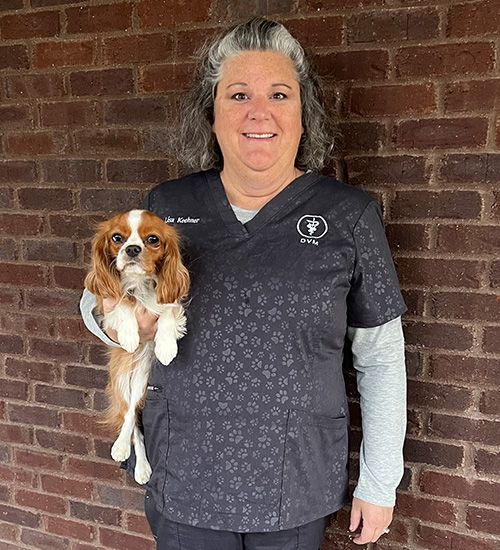


A Few Kind Words From Our Clients
Everyone at Springhurst Animal Hospital is wonderful and caring, they truly treat each pet and their pet parent with expert medical care, compassion, respect, and love. We love each and every person at this clinic, you all are the best!!!
We love Dr. Ryckeley and her team! Everyone from the front desk staff to the techs have been so warm and welcoming. My Berner is always anxious when he goes to his appointments but he is always treated so well and with positive reinforcement by Dr. Ryckeley. She is caring towards my dogs, answers all my questions and is open to honest discussion for treatments if needed. Thank you for the wonderful care!

Did you know that your pet’s dental health is one of the most important aspects of their overall health? If left untreated, gum disease can negatively impact your pet’s quality of life, causing unnecessary pain, tooth loss, and in severe cases, impacting organ function and even your pet’s life span. The good news is that all of these things are preventable with regular dental cleanings and at-home tooth care!
The Tooth Matters so much more than most people realize, and your team at Springhurst Animal Hospital is here to help with a special spring dental promotion! We are offering $100 off a Dental Package* from April 24 through May 17.
LIMIT SPOTS AVAILABLE. CALL TODAY TO SCHEDULE YOUR PET’S DENTAL CLEANING!
(Must reference discount code “Springdental24” when scheduling to receive $100 savings.)
*Terms and conditions apply






